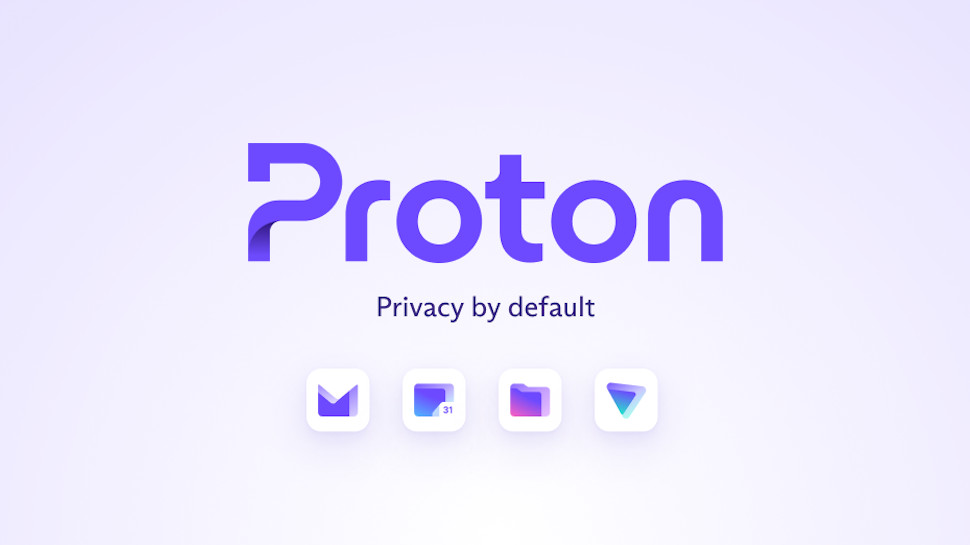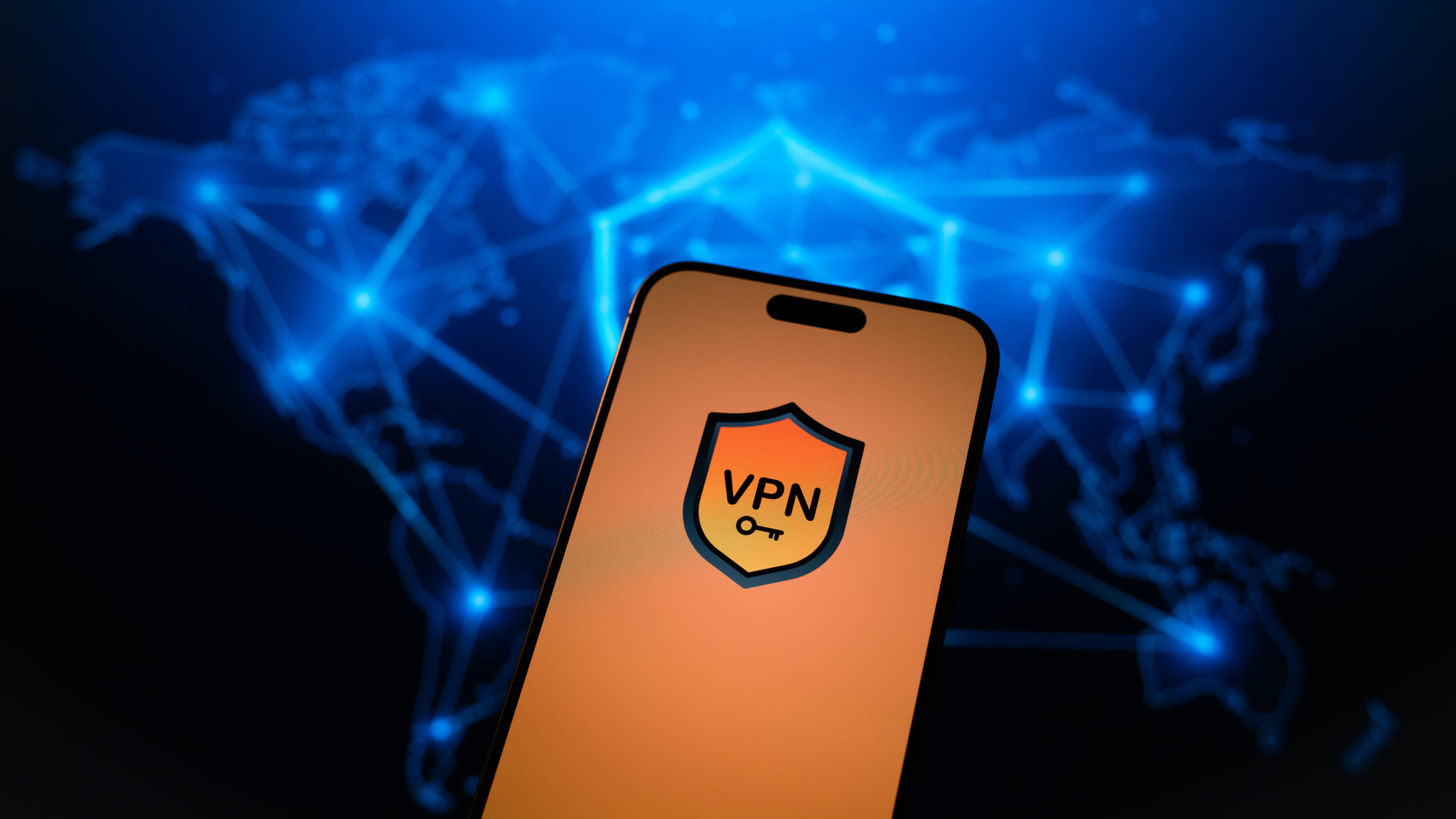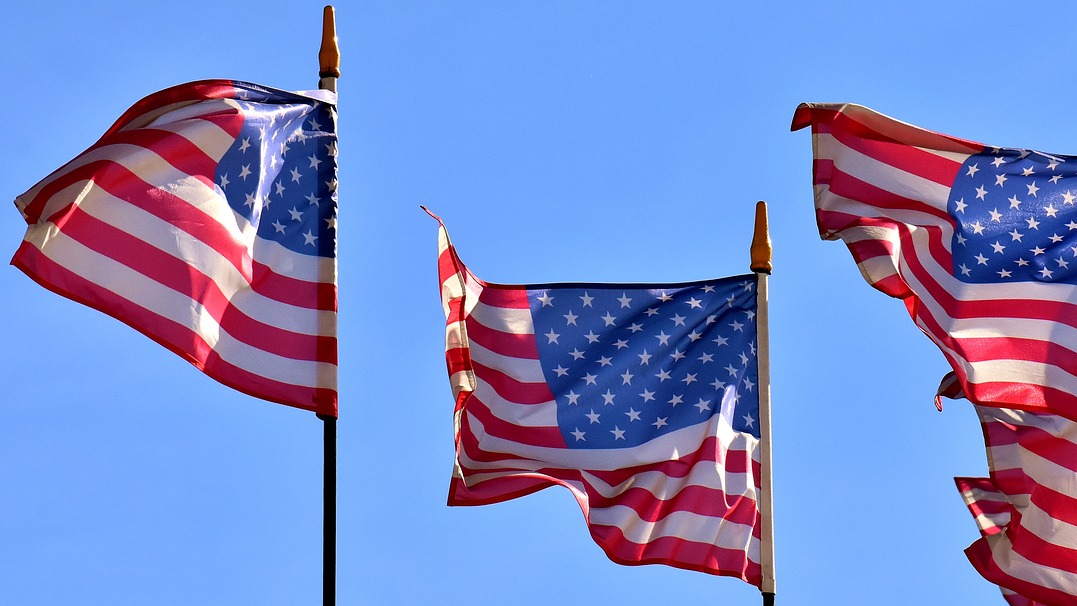"The Michigan bill is a danger for the political discourse" – Proton slams verification laws turning VPNs into a liability
Michigan has taken the most radical stance so far and proposed a VPN ban bill

VPN usage is under threat in the US, and mandatory age verification seems to be the culprit.
As more and more US states have, or plan to, pass some form of age verification laws, the best VPN providers are expected to see a spike in interest in their products across the country.
Since the end of August 2025, all BlueSky users in Mississippi have been unable to access their accounts without a VPN. Arizona's fans of adult-only content are now set to require such a tool starting from Friday (September 26), as major platforms are geo-restricting their content to protest what they believe to be an "ineffective, haphazard, and dangerous" piece of legislation.
Yet, it's a recently proposed Michigan adult content law that came as the most radical by proposing a complete ban on both the use and promotion of any circumventing tools. The proposal now risks poisoning the entire debate on VPNs in the country – and Proton VPN is worried.
"I do think there is a danger for this type of bill to be in the political discourse. It sends the wrong message around what the US approach should be for internet security and censorship," US Public Policy Manager at Proton, Christne Bannan, told TechRadar.
So, from VPNs historically enjoying bipartisan support, the fact that they can be used to bypass new age verification requirements could be enough to turn these tools into a liability. An obstacle that needs to be dealt with – quickly, once and for all. The problem is that our internet security and freedoms are also on the line.
How Michigan plans to get rid off VPNs and what's at stake

As per the House Bill 4938, or simply "Anticorruption of Public Morals Act," internet service providers would be forced to "monitor and block known circumvention tools."
"The promotion or sale of circumvention tools to access prohibited material" will also be banned in the state under this law.
Fines for non-compliance are expected to be as high as $500,000.
Specifically, lawmakers define circumvention tools as "any software, hardware, or service designed to bypass internet filtering mechanisms or content restrictions, including virtual private networks (VPNs), proxy servers, and encrypted tunneling methods to evade content restrictions."
As Banned explains, this Michigan bill de facto creates a liability for ISPs (internet service providers) that are enabling access to VPNs, regardless of whether or not they're used to access pornography.
"This law really has such widespread implications for internet usage, completely unrelated to the purpose of the bill," Bannen told TechRadar. "It takes an extreme approach that would have implications for all content and all internet security."
On a practical level, if this passes, Michigan users of Proton VPN (and any other VPN service, for that matter) could presumably be blocked from accessing this security software. They will then be prevented from using a tool that millions worldwide use every day to boost their online privacy and security.
"We don't wanna be a tool of blocking"
Despite the idea that the bill, which also seeks to outright ban any pornography and depictions of transgender people from the web altogether, could pass, Bannen thinks the proposal is too radical to have a real chance throughout the legislative process.
Yet, even if the Michigan bill fails to pass, it could still be enough to push the US to become much more open to the idea of censoring access to the internet. Something that could make other lawmakers think that it's legitimate to issue new requirements to all those companies that enable the circumvention of online restrictions.

In 2024, the US-backed Open Technology Fund (OTF) urged Big Tech giants to step in and better support circumvention software. A made-in-the-US VPN ban would violently crash with such a proposition.
Being designated as the reason behind the failure of age verification policies, Bannen explains, could then become the pretext to force VPNs to block certain content.
That's an idea that, for example, the children's commissioner for England, Dame Rachel de Souza, has also raised when she deemed VPNs as "a loophole that needs closing."
All in all, Bannen said: "We don't want to be forced to track content, nor do we want our users to accept having their information tracked. We don't wanna be a tool of blocking, and that's the bigger risk.
"VPNs are primarily used for internet security, and just because they can be used to circumvent restrictions, it doesn't mean they aren't essential. Especially for those users who face authoritarian crackdowns on freedom of expression. Democracies should not be using the same techniques as authoritarians."
Proton certainly isn't the only one feeling this way. Fight for the Future has launched the Defend VPNs Day of Action initiative exactly to call lawmakers on taking a "principled leadership" against VPNs. If you are also worried about a future where VPNs get restricted, you can sign the petition here.
You might also like

Chiara is a multimedia journalist committed to covering stories to help promote the rights and denounce the abuses of the digital side of life – wherever cybersecurity, markets, and politics tangle up. She believes an open, uncensored, and private internet is a basic human need and wants to use her knowledge of VPNs to help readers take back control. She writes news, interviews, and analysis on data privacy, online censorship, digital rights, tech policies, and security software, with a special focus on VPNs, for TechRadar and TechRadar Pro. Got a story, tip-off, or something tech-interesting to say? Reach out to chiara.castro@futurenet.com
You must confirm your public display name before commenting
Please logout and then login again, you will then be prompted to enter your display name.